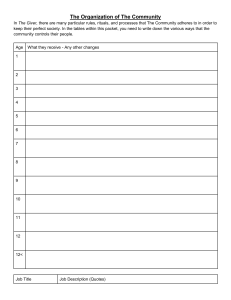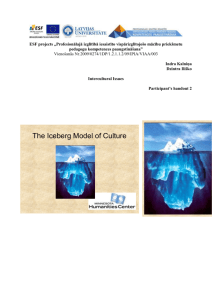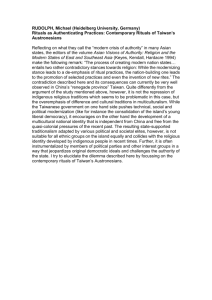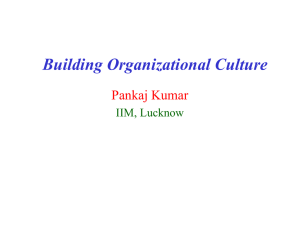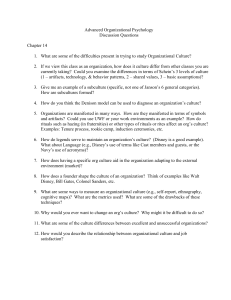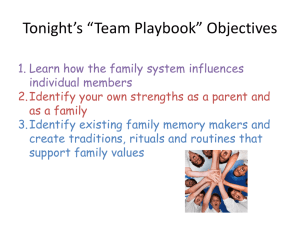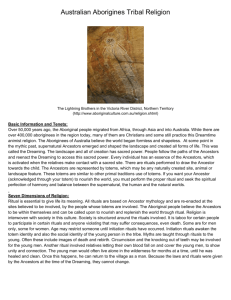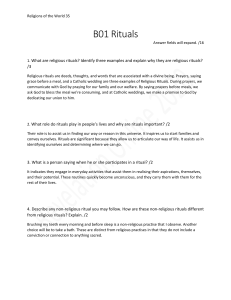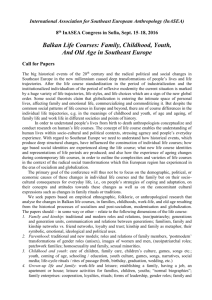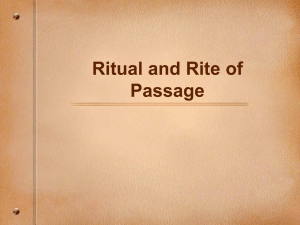How to manage your energy better
advertisement
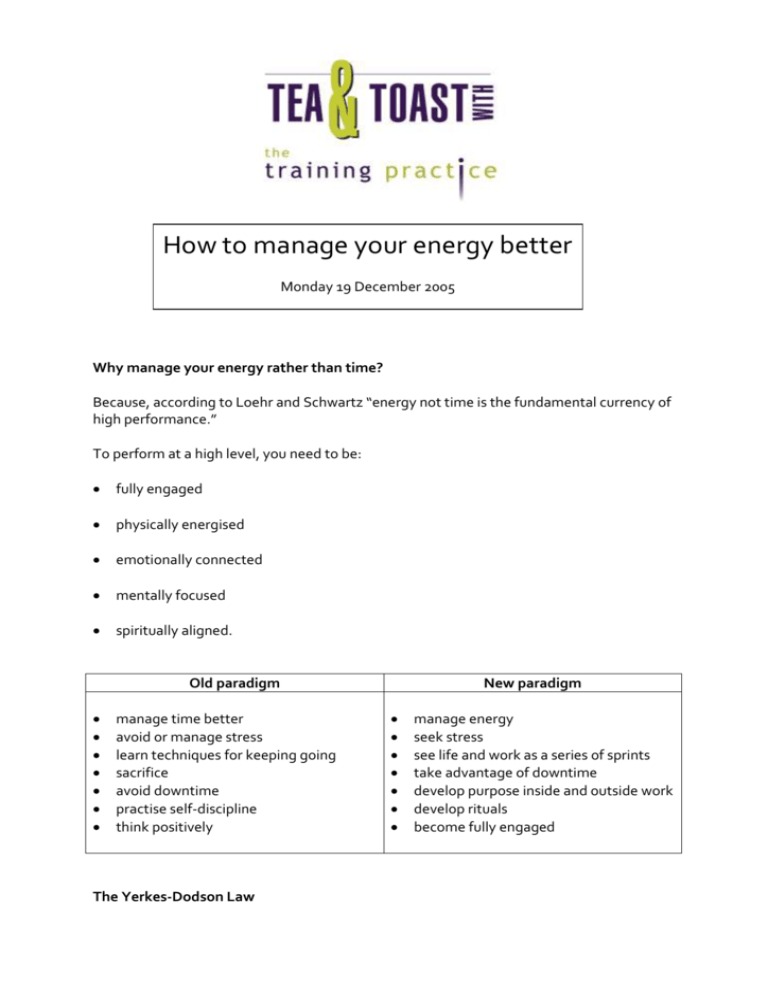
How to manage your energy better Monday 19 December 2005 Why manage your energy rather than time? Because, according to Loehr and Schwartz “energy not time is the fundamental currency of high performance.” To perform at a high level, you need to be: fully engaged physically energised emotionally connected mentally focused spiritually aligned. Old paradigm manage time better avoid or manage stress learn techniques for keeping going sacrifice avoid downtime practise self-discipline think positively The Yerkes-Dodson Law New paradigm manage energy seek stress see life and work as a series of sprints take advantage of downtime develop purpose inside and outside work develop rituals become fully engaged As stress increases, performance improves, but only to a point. Zone of peak performance Performance/ well-being Low arousal leads to poor performance, boredom and lethargy Arousal too high leads to poor performance, panic and distress The trick is to engage periods of high energy that challenge us and then follow these with periods of energy renewal. During periods of high energy we are able to perform at our best. Becoming spiritually aligned: get clear on values 1. Use Eric Fromm’s formula Instead of: Have enough so that you can… Do what you want because then you can… Be happy. Try: Be who you are: know your strengths and weaknesses. Do what you love. Have what you need. 2. Try the Archangel activity Which would you rather lose? Your sight through an accident Your hearing through an accident Your family through an accident Your mobility through loss of your legs Your closest friends other than your family Your freedom through being imprisoned for 10 years Your sense of purpose in life forever Your current job Your savings Your home or where you live Your reputation in the eyes of the public Your self-confidence or self-esteem All your personal belongings through a burglary Becoming physically energised Our physical energy levels are determined by our: breathing patterns eating—what and when sleep quality and quantity recovery cycles throughout the day fitness levels. Becoming emotionally connected developing high levels of emotional intelligence: self-awareness and managing relationships with others developing healthy relationships tackling issues of insecurity, and low self esteem Becoming mentally focused develop realistic optimism: re-cast threats as opportunities set aside time to think realise that your brain gets sharper the more it is used recognise the link between physical activity and thinking/creativity give yourself time to absorb/consolidate new information. The common thread to full engagement via spiritual, physical, mental and emotional energy is developing rhythms and rituals into your daily routines. We are creatures of habit. What we build into our daily lives becomes how we live. New rituals may take you 30 – 60 days to acquire. These rituals can be: regular and healthy eating regular breaks—every hour or 90 minutes mental recovery rituals regular physical activity spiritual contemplation spending allocated time doing things you like. Hilary Bryan The Training Practice December 2005 www.trainingpractice.co.nz
